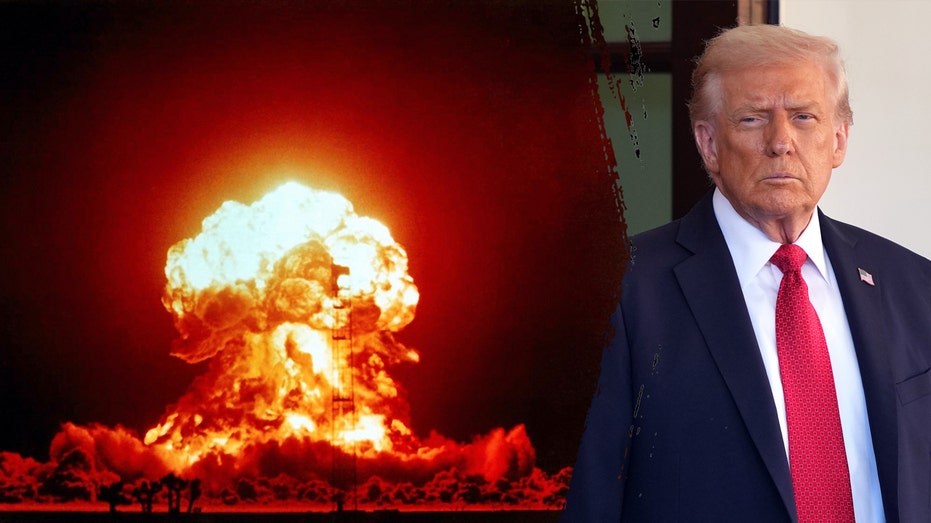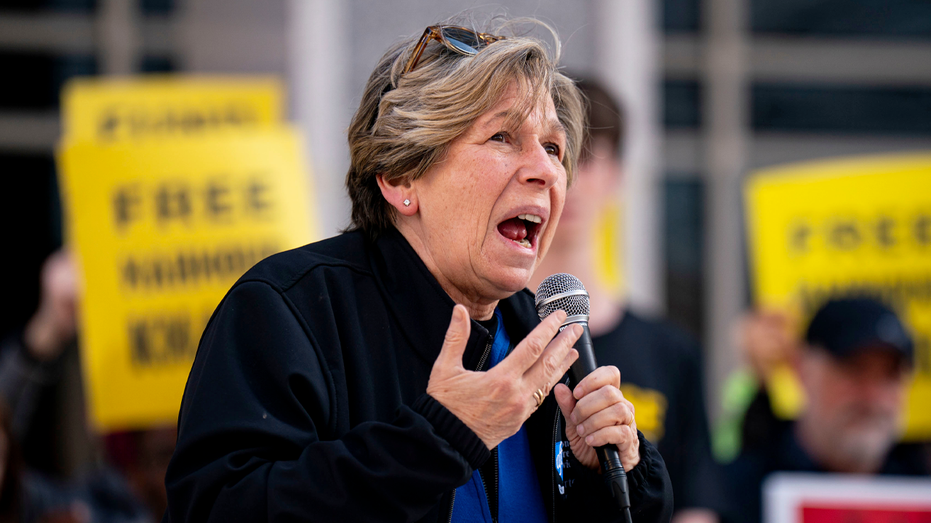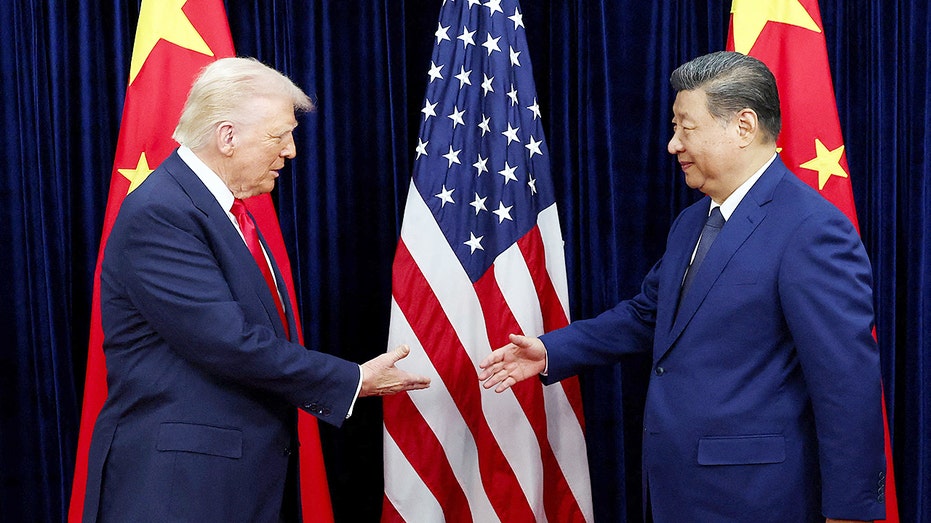The announcement reverberated like a seismic shift. President Trump declared the United States would resume nuclear weapons testing, shattering a 33-year global moratorium and sending shockwaves through capitals worldwide. The justification: to “keep pace” with perceived advancements in Russia and China, and to reaffirm American deterrence.
This decision isn’t simply about military capability; it’s about a fundamental shift in strategy. The President’s logic hinges on the idea that if adversaries are secretly testing, the U.S. cannot afford to be constrained by self-imposed limitations. It’s a high-stakes gamble rooted in the theory of deterrence, a delicate balance between strength and restraint.
However, concrete evidence of recent full-scale nuclear tests by Russia or China remains elusive. While both nations are modernizing their arsenals, they’ve largely adhered to the spirit of the global testing moratorium – until Russia’s recent withdrawal from the Comprehensive Nuclear-Test-Ban Treaty. This action signaled a potential unraveling of decades of carefully constructed restraint.
For decades, the U.S. has maintained a credible nuclear deterrent not through explosions, but through a sophisticated program of Stockpile Stewardship. Utilizing supercomputing and advanced materials science, American scientists have ensured the reliability of the arsenal without a single detonation since 1992. The question now is whether that approach is sufficient.
To understand the gravity of this moment, one must remember the history. The first U.S. nuclear test, “Trinity,” exploded in the New Mexico desert in 1945. Over the following decades, more than 1,000 detonations scarred the landscape – from the Pacific islands to the Nevada desert – each test revealing the bomb’s terrifying power, but at a devastating environmental and human cost.
By the 1960s, the world recoiled from the brink. Public outrage, coupled with the harrowing experience of the Cuban Missile Crisis, forced a reckoning. The Limited Test Ban Treaty of 1963 prohibited atmospheric, space, and underwater explosions. The final U.S. test occurred in 1992, ushering in an era of unprecedented restraint.
That 33-year moratorium has been a quiet triumph of post-Cold War diplomacy. It wasn’t born of naiveté, but of a hard-won wisdom – a recognition that unrestrained testing endangered all of humanity. It allowed for defensive modernization while preserving a critical taboo: the line between deterrence and apocalypse.
Resuming tests now risks shattering that fragile consensus. A U.S. detonation could trigger a cascade of reciprocal actions. Russia could justify its own tests. China, already rapidly expanding its arsenal, might accelerate its program. India, Pakistan, and even North Korea could feel emboldened to follow suit, leading to a dangerous new arms race.
The implications extend beyond military strategy. Nuclear weapons present unique ethical dilemmas, debated by theologians and strategists for generations. Resuming testing would erode U.S. moral authority, undermine international arms control efforts, and alarm allies who depend on American protection.
The scientific benefits of renewed testing are, according to experts, minimal. The environmental, safety, and political costs, however, are substantial. The potential for proliferation – the spread of nuclear weapons to more nations – is a very real and terrifying consequence.
Instead of igniting a new competition, the U.S. has an opportunity to lead the world toward restraint. The President’s desire to project strength is understandable, but true strength lies in moral leadership. A bold move could be to convene a global summit of nuclear-armed states to reaffirm a universal moratorium on testing.
Imagine a summit hosted at the Nevada National Security Site – the very place where the U.S. once conducted its tests. President Trump could transform a provocative decision into a statesmanlike opportunity, demonstrating that American strength serves peace, not annihilation.
For decades, humanity has lived under the shadow of weapons too terrible to use. Their silence has been our safety. Breaking that silence risks inviting a new arms race and edging civilization closer to the brink. History teaches us that once the nuclear threshold is crossed, even in testing, it becomes easier to cross again.
President Trump has shown a willingness to challenge conventional thinking. But boldness without wisdom can be profoundly destabilizing. The true test before us isn’t of plutonium or warheads, but of leadership – whether we will master our power, or allow our power to master us. True leadership demands the courage to combine military readiness with moral restraint, ensuring that power serves peace, not pride.






